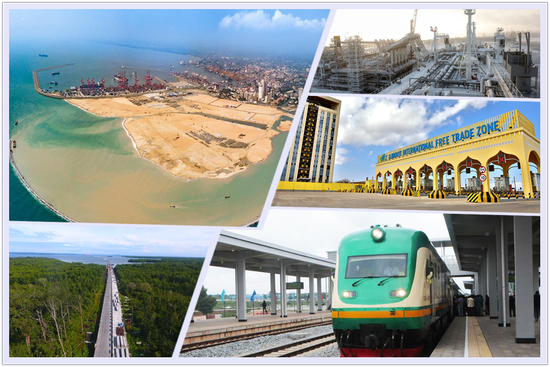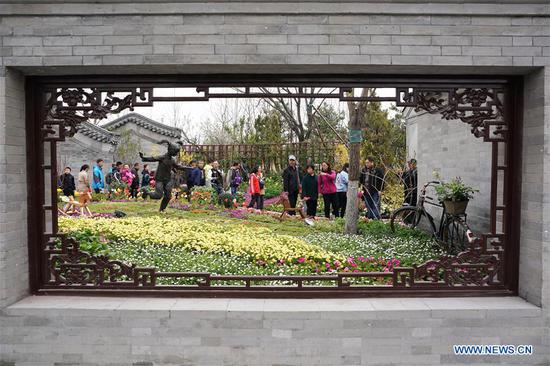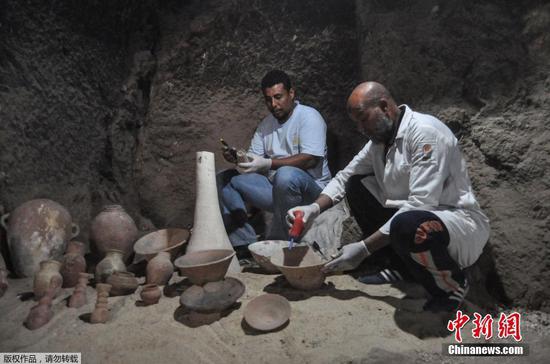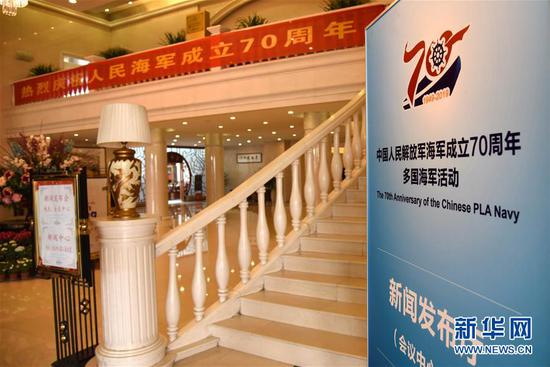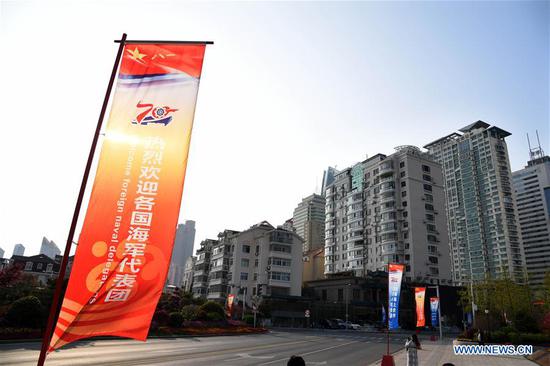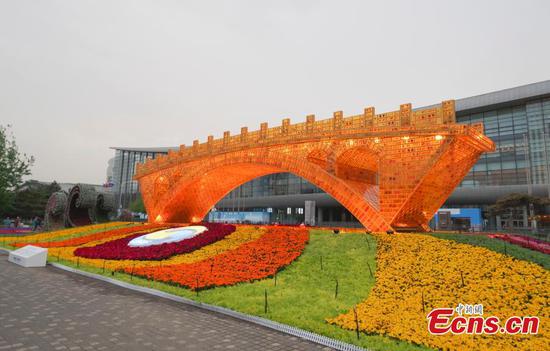The real estate industry of China and that of the United States have different valuable experiences, and they should learn from each other to promote further development, experts said here Sunday at the 2019 Penn Wharton China Summit.
In a panel discussion, Lee Kai-yan, managing director of Vanke US, the American affiliate of China Vanke Co., Ltd., said that the United States could offer past experiences as a reference for China, while China has some inspiring cases in the application of science and technology.
The U.S. real estate industry, Lee said, has been highly financialized, which could provide "hard lessons" for the Chinese industry, including on real estate funds, and promote the healthy development of China's real estate financial market.
Meanwhile, China has numerous excellent cases in building technology, such as the invention of smart parking garage, which could easily guide drivers to available parking spots, Lee said.
"Such simple building technology has not been utilized in the U.S. real estate industry," he said, adding that China -- with its large population -- also has unique experience in high-density development.
Jonathan Chang, currently heading the cross border investment effort at the private equity arm of Sino-Ocean Group Holding Ltd., said his company has been learning from the West, including the United States, as it's making efforts to transition toward a developer that offers more services.
Noting that his company has acquired a U.S. company in the related area, Chang said Sino-Ocean wants to introduce know-hows from the United States to China, and improve its domestic brand with such cooperation.
Besides service industry, the company is also making headway in real estate investment trusts. "We want to learn from U.S. experience, and gradually improve our domestic fund models," he said.
Wang Xi, vice president of Singapore's Yanlord Land Group Limited, said that foreign investors have particularly seen the potential of China's commercial property market, as more foreign capital flows into office building projects in some key cities.
"I've seen two signals, one of which is that prices for commercial buildings remain depressed, and the other is China's rental market will flourish in the future," Wang said, adding that he thinks signals suggest foreign investors are still optimistic about China's future economic development.



















